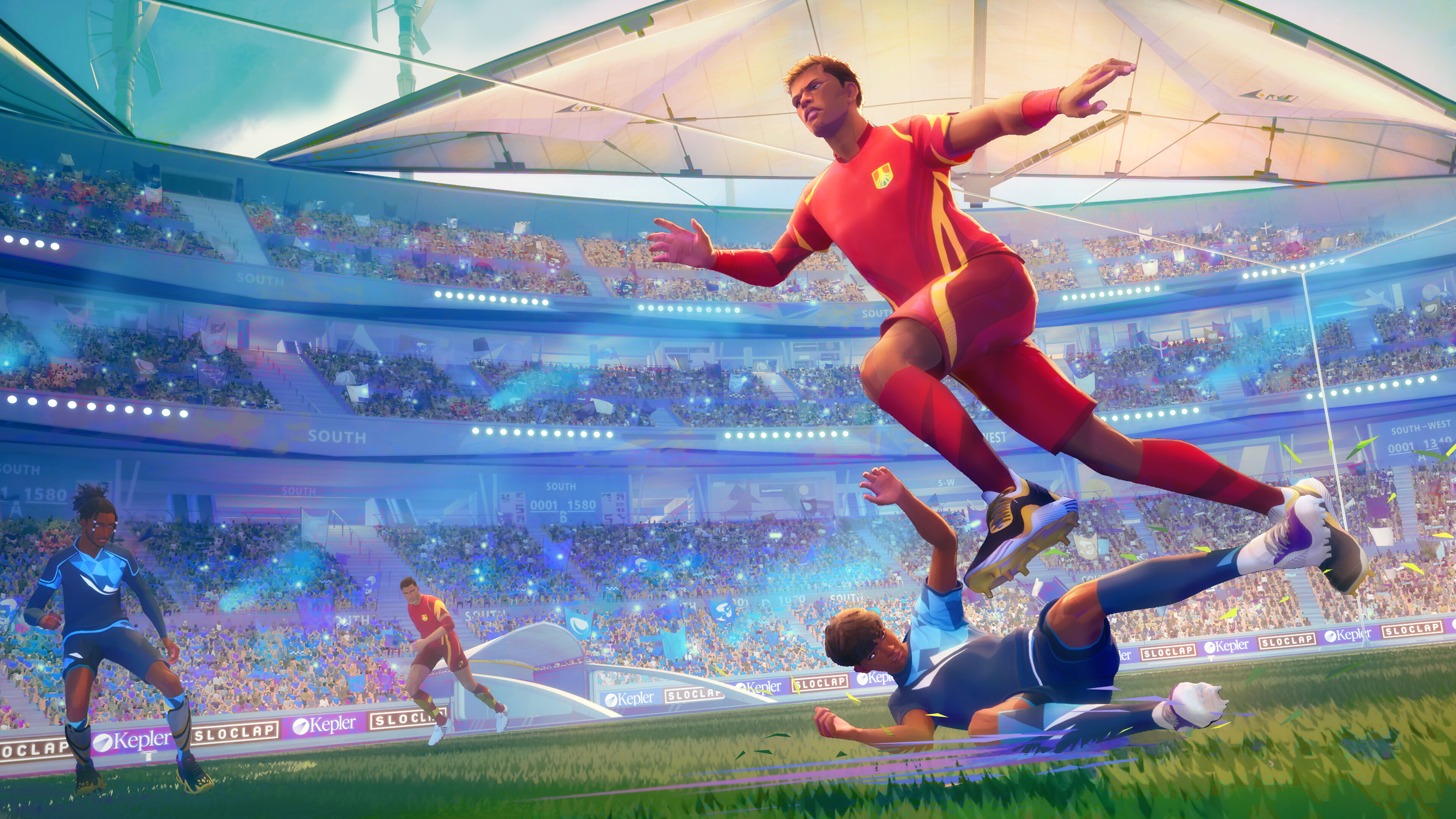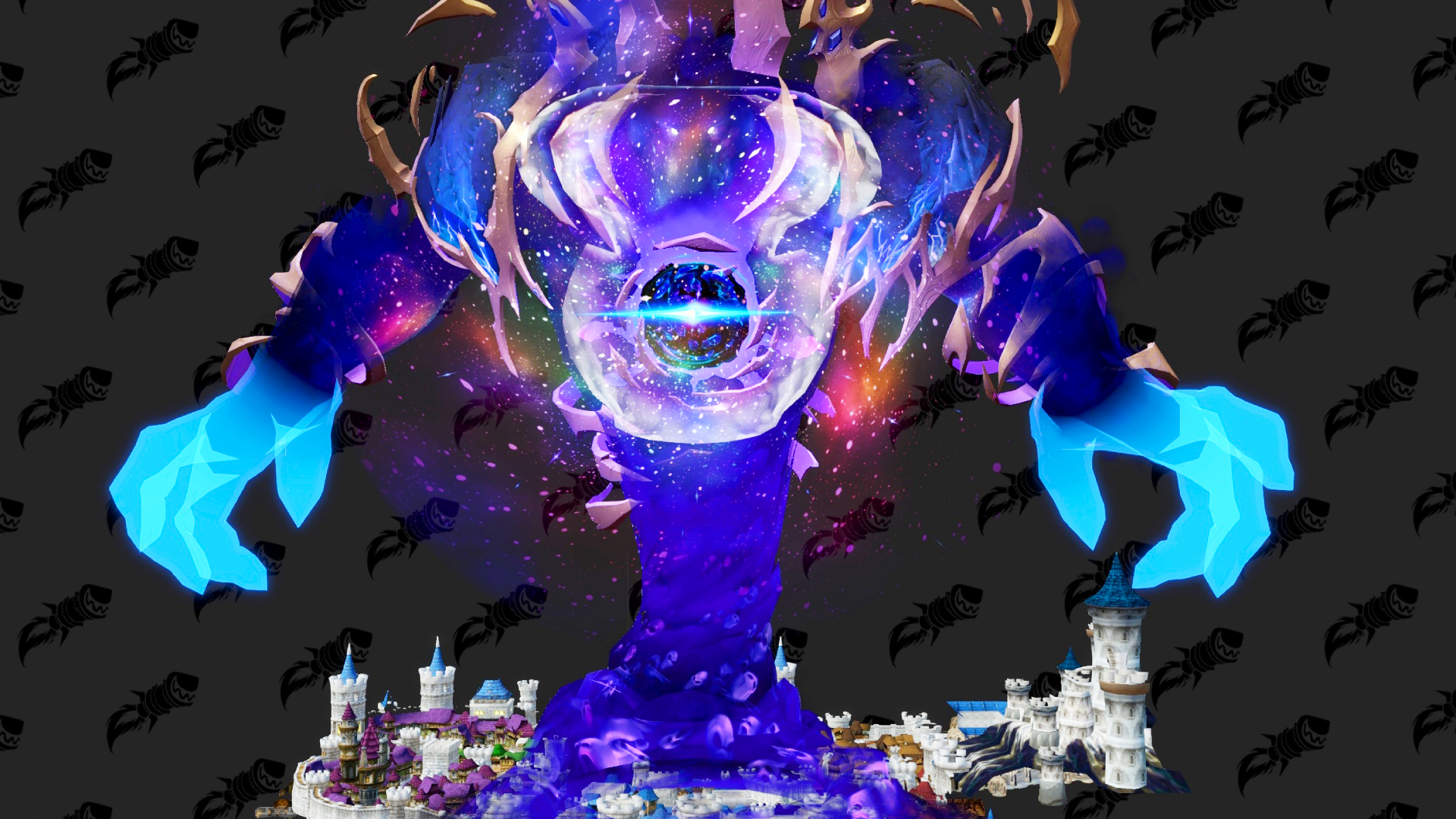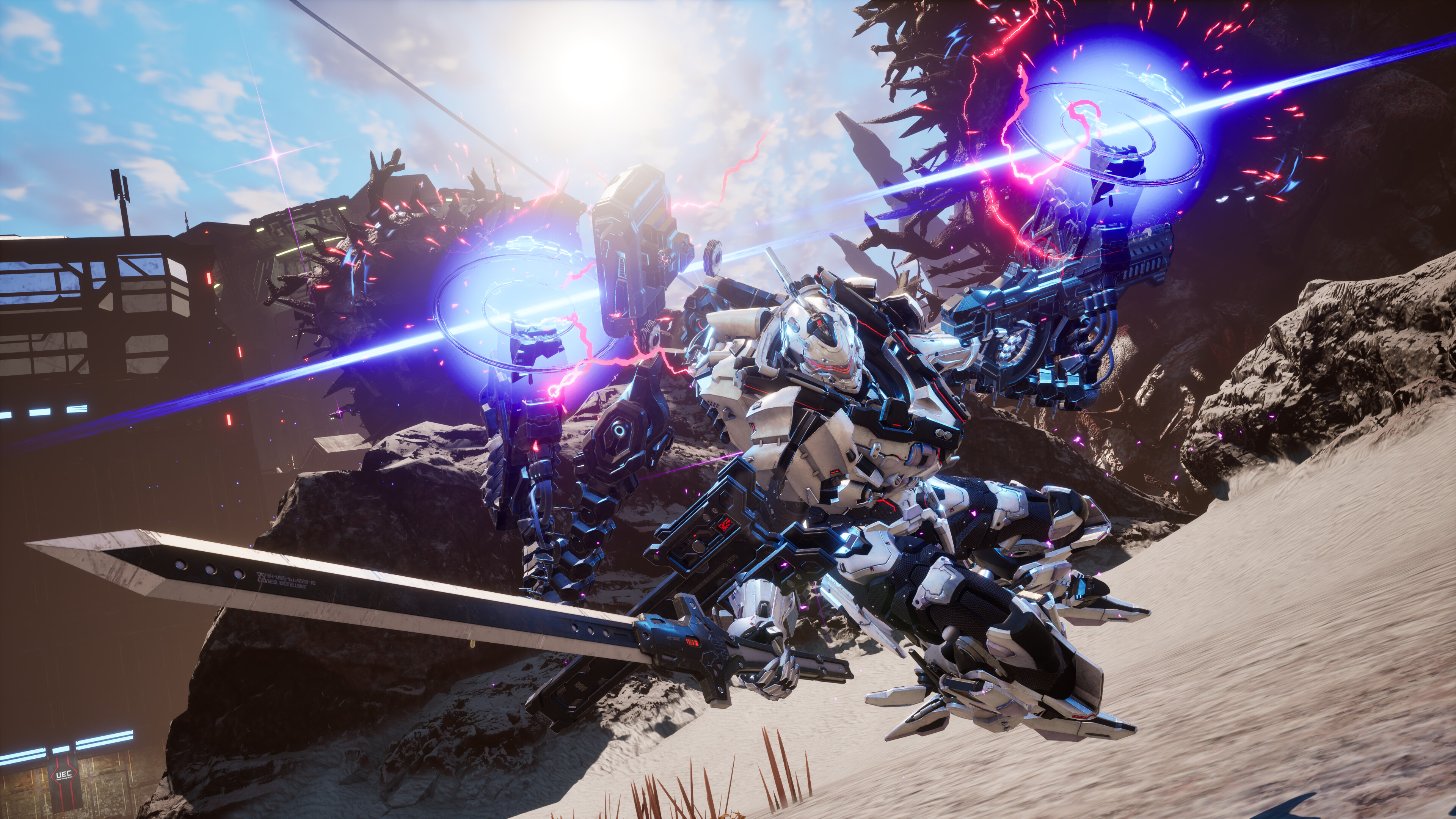
Lilo & Stitch Review

Lilo & Stitch opens in theaters Friday, May 23.
In Disney’s apparent quest to remake every one of their animated classics in live-action, the difference between the good movies (The Jungle Book) and the bad ones (Pinocchio) comes down to the filmmakers and their choices. Is their approach to some of the most well-known and beloved stories ever told on screen fresh enough to make us overlook the undeniably cynical, corporate-driven “You liked this before, maybe you’ll pay for it all over again?” spirit of the enterprise? In the case of the new Lilo & Stitch, the answer is, fortunately, yes – and that’s thanks to the inspired choice of trusting the tale of an alien fugitive befriending an orphaned earthling to director Dean Fleischer Camp. The co-creator of stop-motion sensation Marcel the Shell with Shoes On, Camp is a proven expert at blending quirk and silliness with genuine heart and depth. And while he and screenwriters Chris Kekaniokalani Bright and Mike Van Wae don’t make any shocking deviations from the 2002 original, they do make the meaningful choice to root their out-of-this-world comedy in earthly concerns.
They’ve found the perfect Lilo in Maia Kealoha, which is saying something considering so much of the film rests on the shoulders of this little girl. She exerts just the right attitude, charm, and humor in the role, and does a notably strong job of selling the reality of her scenes with the CGI Stitch (voiced once more by the original film’s co-director, Chris Sanders). The script gives Lilo a bit less of an edge than her animated counterpart: She still shoves another girl who insults her, but she doesn’t throw any punches like she does in the original. But it doesn’t shy away from her anguish over her parents’ death, either. It’s clear that Lilo is a sweet kid channeling profound grief through her volatile behavior; just the type who could use the companionship of a fuzzy, four-armed powder keg from beyond the stars.
While the friendship of the title duo remains key to this version of Lilo & Stitch, its most important relationship is actually the one between Lilo and her older sister Nani (Sydney Elizebeth Agudong). They’re the eye of the hurricane whipped up by Stitch’s arrival, working together to move past a loss whose aftermath is more deeply felt than the deaths of other mothers and fathers sprinkled so liberally throughout the Disney canon. Kealoha and Agudong have a pivotal rapport, with the two actresses making it hard not to invest in Lilo and Nani and their bond. The possibility of their separation – a social worker must decide if Nani is providing a solid upbringing for her sister – feels truly upsetting because of the connection the two make with each other and the audience. Agudong gets to play some new shades of Nani, too, diving into her personal aspirations and how difficult it is to balance them with the responsibility of being sole caregiver for the sister she loves so much.
The amplification of Nani’s role lets her and Lilo continually shine together, and Stitch’s transformation from non-stop chaos monster to someone who forges a real connection with Lilo plays just as endearing as in the original. But the further Lilo & Stitch gets from this tremendous core, the more it stumbles. The two aliens pursuing Stitch, Jumba and Pleakley, have always been a somewhat odd fit with this story, largely there to add some more wackiness around the edges. Here, they demonstrate how hard it is to balance the classically “cartoony” aesthetics of the original with a more realistic filmmaking approach. Their comically inept attempts to blend into their Hawaiian surroundings would be even harder to buy in live-action, so they take on fully human disguises: Zach Galifianakis plays Jumba, while Billy Magnussen is Pleakley. The two actors are certainly game, with Magnussen in particular looking like he’s having a lot of fun getting really goofy. But where the humor with Lilo and Stitch almost always works, the wacky hijinks with Jumba and Pleakley are more hit and miss.
One of the more curious choices of adaptation involves the character of Cobra Bubbles, Lilo & Stitch’s amusingly tough-looking g-man-turned-social worker. The remake splits his role in two, with Courtney B. Vance playing Bubbles as an active CIA agent investigating alien sightings, while Nani’s fitness as a guardian is determined by a new character, Mrs. Kekoa (played by the original voice of Nani, Tia Carrere). It ends up making one of the major figures in the Lilo & Stitch universe feel a bit extraneous, and leaves the fantastic Vance without much to do. (Better served: Amy Hill as Lilo and Nani’s sweet and sassy neighbor Tūtū And Kaipo Dudoit as Nani’s potential love interest, David Kawena.)
Visually, there are a few moments where it feels like Camp felt beholden to replicate a memorable image from the original in terms of framing it similarly. Thankfully, that sort of “What’s the point?” mimicry doesn’t become prevalent. The director is also able to have fun with some of the bigger sci-fi moments, including some clever visual gags involving an alien gun that can create portals.
As Lilo & Stitch comes to a close, it takes some of its biggest swerves from the source material. I don’t want to give too much away, but I can say that one involves giving the film a more specific and hostile antagonist, while other changes arrive at the very end to underline what this version of the story is all about. It’s an impactful conclusion seemingly designed to make you say “Aww” – and like so much of Lilo & Stitch, it certainly succeeds on that front.






